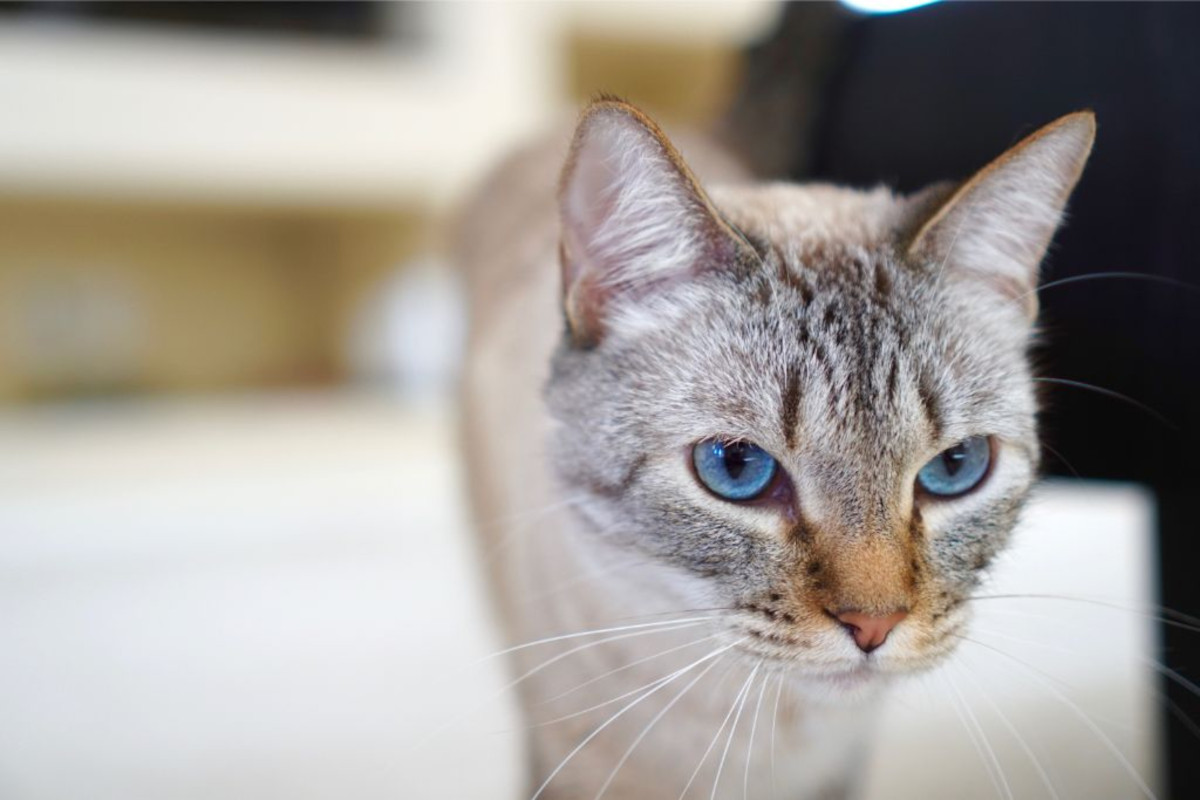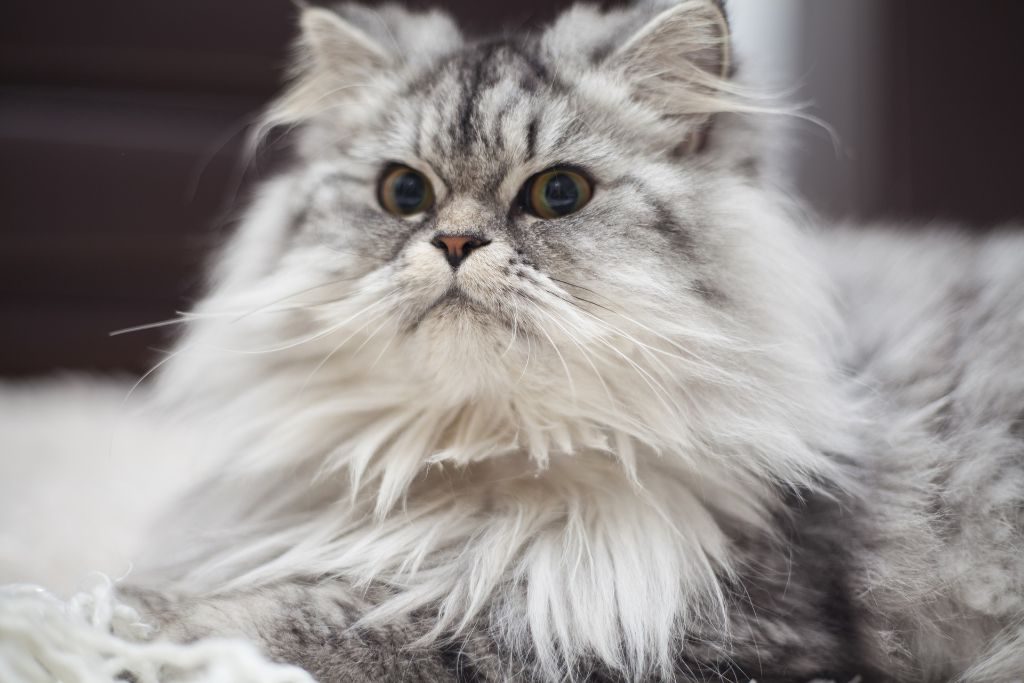Cat Suddenly Urinating In House? Medical Causes And Symptoms

Is your Cat Suddenly Urinating In House? Here are some potential medical causes and symptoms.
Cats are extremely clean. And a cat urinating in your house suddenly is an indication that something isn’t right. The condition is known as inappropriate urination or elimination. And the causes are usually medical.
Cat suddenly urinating in your house? Medical causes and symptoms are shown here…
Medical Issues
When your cat is urinating a lot, it may be due to disease. Here’s a brief resume of types of disorders that can be responsible:
Cystitis
This is often caused by stress and is painful and distressing in female cats. In male cats, this can become a life-threatening condition if the way out of the bladder is blocked by swelling or blood clots.
Kidney stones
Some symptoms that may occur include painful and difficult urination and frequent urination with only a small volume of urine being produced. Recurrent urinary tract infections are common with this disorder.
Diarrhoea
A change in diet can sometimes cause additional stress and diarrhoea. Viral or bacterial infections may also be responsible for this. And for the production of watery stools.
Urinary tract infection
This common infection is painful and may result in refusing to use the litter box. Straining to urinate without much output can cause scarring of the bladder and this, in turn, leaves less space for the urine.
Bacterial infection
This is more likely to affect an older cat. And is accompanied by other symptoms such as skin inflammation, pain, and lethargy. An elderly cat urinating in the house should be evaluated for risk of bacterial infection.
Diabetes
If your cat is unusually thirsty and tries to get to the litter box but doesn’t always succeed this could be the reason why. If left untreated this can have very serious consequences. The build-up of sugars in the blood that can’t be properly processed will result in increased urination.
Polydipsia
Also known as excess thirst this will often accompany an increase in urination. The abnormally high urine production can be indicative of a more serious underlying condition.
Incontinence
Overweight cats can be prone to incontinence. This disorder may be caused by an obstruction in the bladder. Or by an impaired bladder not functioning properly. Incontinence is another disorder that tends to affect middle-aged and older cats as they lack bladder control.
Pain
When your cat is urinating larger volumes than normal the medical term is polyuria. This is another result of the body’s inability to regulate urine formation and can be a further indication of pain.

Emotional Concerns
A litter trained cat urinating on the bed could indicate a behavioural problem. Stress and anxiety will cause a cat urinating everywhere. And this can be extremely frustrating when the condition isn’t disease related. Think about what may be causing this – have you recently moved house? If your cat feels threatened by a change in circumstances such as a move or a new baby this can cause anxiety.
Are there other local cats that are making your cat feel unwelcome in the garden? Territorial disputes can often trigger a change in behaviour that includes not using the litter box properly. If you have more than one cat you may need to add another litter box to prevent accidents.
Litter Box Problems
The majority of cats prefer unscented litter. And a litter box that’s dirty may cause your cat to go elsewhere as their sense of smell is acute. If the box is too small or positioned in an awkward place this can result in your cat urinating outside the litter box. And the box needs to be somewhere private where appliances or people won’t cause a disturbance.
Remember to keep the litter box away from your cat’s food. Make sure there’s easy access, and the room is warm and dry. Altering the type of litter can also have a negative effect, to begin with as cats don’t like change. Litter containing sand to hide the urine smell can have an unpleasant texture that your cat may not like.
Non-Medical Solutions
Finding the reason for the sudden change in urination habits is the key. And you need to make sure your cat stays calm and doesn’t become scared of you. Always talk quietly and soothingly. When your cat uses the litter box, praise them with treats and plenty of fuss.
If your cat has taken preference to urinating on a hard floor or carpet you can restrict access to try and break the cycle. Getting rid of the cat urine smell with odour neutralisers can also discourage continued urination on that spot.
Feline pheromone sprays and diffusers can help with stress and anxiety. Your vet will advise you. If your cat is generally healthy this will confirm that environmental issues may be playing a part.
Medical Solutions
If you’re at all concerned about a sudden change in your cat’s urination behaviour you should consult your vet. The vet will aquire a complete history and carry out a thorough physical examination. They will then take blood work, evaluate it, and make a diagnosis as to the cause.
The vet will administer any necessary pain medication. You will receive advice on dietary management, and how to encourage your cat to drink more water. Your cat will receive antibiotics to reduce any bacterial infections, and it will start a course of oral medication and insulin therapy for cats with diabetes.
If the vet discovers a blockage they may remove it by using a urinary catheter. Or another option considered for male cats is a perineal urethrostomy that involves removing the penis and stitching the lining of the urethra to the skin. This is invasive surgery but generally tolerated very well.
Get Help and Support
Cat euthanasia is a final option that home-visit vets offer, specialising in kind and caring home pet euthanasia. Your cat’s welfare will take priority. And you’ll be able to discuss your wishes and your cat’s needs. If you choose to put your cat to sleep at home it will be in a relaxed and calm environment. The vet will administer a sedative followed by an anaesthetic agent, and your cat will go to sleep for the last time.
Tags: cat ageingCloud 9
To ensure accuracy, a professional vet has reviewed and verified the information presented in this article. It is important to note that when it comes to making decisions about euthanasia for your pet, there are no easy answers. It is always recommended to seek advice from your own veterinarian before making any decision.



